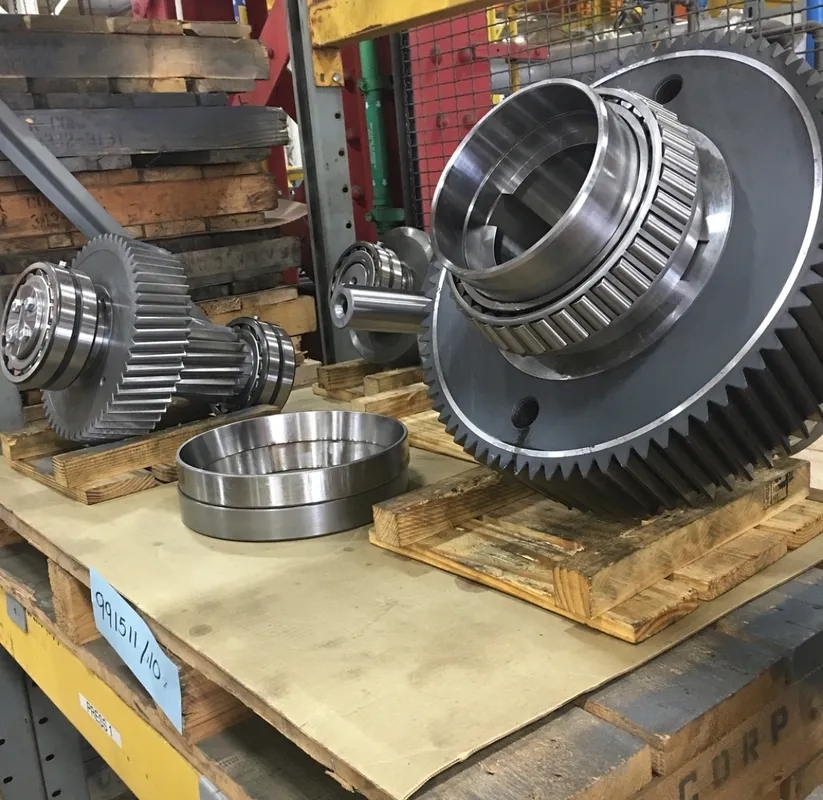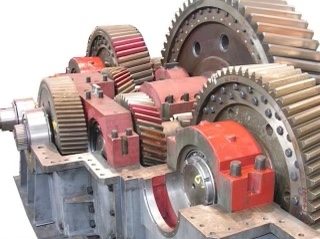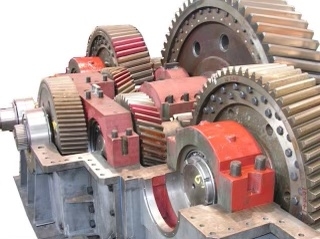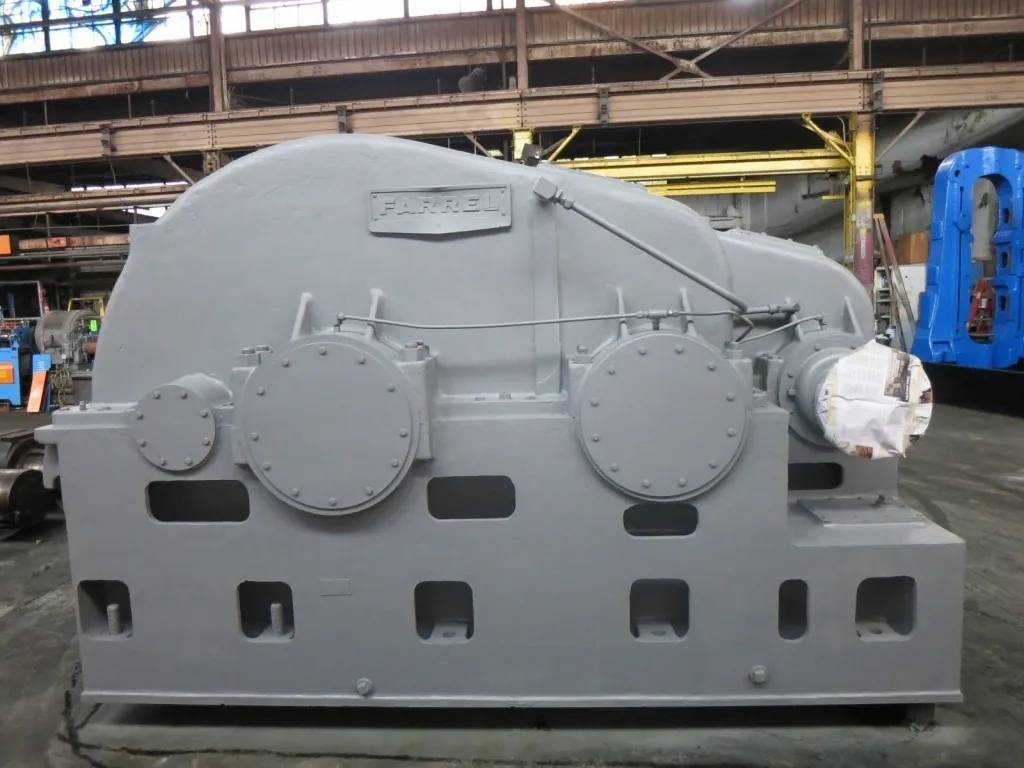

The surface coating thickness gauge calibration process ensures accurate measurements by comparing the readings of the gauge to known standards of thickness. This calibration process involves adjusting the gauge to match the standards, thus ensuring that the measurements taken by the gauge are precise and reliable. By calibrating the gauge regularly, any deviations or inaccuracies can be identified and corrected, leading to more accurate readings in the future.
Several key factors can affect the calibration of a surface coating thickness gauge, including environmental conditions, such as temperature and humidity, as well as the quality of the calibration standards used. Additionally, the frequency of use and handling of the gauge can impact its calibration over time. It is essential to consider these factors when calibrating the gauge to ensure consistent and accurate measurements.
Tompkins County poised for manufacturing boom with Menlo Micro and Micron investments “Menlo Micro announced a significant investment of over $50 million to establish a fabrication facility in Lansing, near Ithaca, New York, signaling a major boost for the local manufacturing workforce.” Read more Plug Power wins $75 million grant from DOE “The Latham hydrogen … NYS Manufacturing and Tech News 3.11.24 Read More »
Posted by on 2024-03-15
We continue our blog series on the great work of our New York State assets in Advanced Materials across the state. This week, we feature the work of Rensselaer Polytechnic Institute (RPI) in Troy, NY, and their work on next generation building technology with an aim to decarbonize the built environment. This includes working with … Advanced Materials Strengths and Assets in NYS: Focus on Rensselaer Polytechnic Institute Read More »
Posted by on 2024-02-28
Embark on an enlightening exploration of New York’s economic transformation with special guest Alyson Slack from MRB Group, as we uncover the past and present of the state’s manufacturing sector. Together with FuzeHub’s Steve Melito we chart the course from a robust production history to a burgeoning service-oriented economy, all while acknowledging manufacturing’s lasting contributions … Podcast: Building Better Economies Read More »
Posted by on 2024-03-18
New $25M beauty manufacturing and innovation hub for Black- and women-owned businesses coming to Brooklyn Navy Yard “The Brooklyn Navy Yard is set to be home to a new $25 million state-of-the-art manufacturing, incubator, and accelerator facility focused on helping Black- and women-owned health and beauty businesses launch and grow in New York City.” Read … NYS Manufacturing and Tech News 3.4.24 Read More »
Posted by on 2024-03-08
In our third feature in our New York State Assets blog series on Advanced Materials, we focus on the groundbreaking work at the University at Buffalo. Their Department of Materials Design and Innovation focuses on accelerating lab discoveries into practical engineering applications. They are pioneering new approaches in material science education and research, leveraging technologies … Advanced Materials Strengths and Assets in NYS: Focus on University at Buffalo Read More »
Posted by on 2024-03-06
A surface coating thickness gauge can be calibrated in-house using calibration standards and procedures provided by the manufacturer. However, for more precise and reliable calibration, professional calibration services are recommended. These services have the expertise and equipment necessary to calibrate the gauge accurately and ensure that it meets industry standards and regulations.

Using a surface coating thickness gauge that is not properly calibrated can lead to inaccurate measurements, which can result in costly errors and rework. In industries where precise coating thickness is crucial, such as automotive or aerospace, using an uncalibrated gauge can compromise the quality and integrity of the products being manufactured. It is essential to regularly calibrate the gauge to maintain accuracy and reliability.
There are specific industry standards and regulations that dictate the calibration frequency of surface coating thickness gauges. These standards vary depending on the industry and the type of coatings being measured. For example, in the automotive industry, it is common to calibrate gauges annually or biannually to ensure accuracy and compliance with industry regulations. It is important to follow these standards to maintain the quality and consistency of measurements.

Different methods are used for calibrating surface coating thickness gauges, including the use of calibration standards, reference samples, and calibration blocks. These methods involve comparing the readings of the gauge to known standards of thickness and adjusting the gauge accordingly. Some advanced gauges may also have built-in calibration features that allow for automatic calibration. It is essential to choose the appropriate calibration method based on the type of gauge and the industry requirements.
One can determine if a surface coating thickness gauge is in need of recalibration by conducting regular performance checks and comparing the readings to known standards. If the gauge shows inconsistencies or deviations from the standards, it may indicate that recalibration is necessary. Additionally, if the gauge has been subjected to extreme conditions or has not been used for an extended period, it is advisable to recalibrate the gauge to ensure accuracy. Regular maintenance and calibration checks are essential to keep the gauge functioning properly.

Diagnosing issues with industrial crushers involves a comprehensive inspection of various components such as the crushing chamber, rotor, bearings, and drive system. The process typically includes checking for signs of wear, misalignment, or damage in these areas. Additionally, conducting vibration analysis, lubrication analysis, and temperature measurements can help identify potential issues with the crusher. Utilizing advanced diagnostic tools like laser alignment devices, ultrasonic testing equipment, and thermal imaging cameras can provide valuable insights into the overall condition of the crusher. By analyzing data collected from these tests and inspections, maintenance professionals can pinpoint the root cause of any problems and develop an effective repair or maintenance plan to ensure optimal crusher performance.
In order to ensure accuracy in equipment diagnostics, technicians follow a strict protocol that includes conducting thorough inspections, utilizing advanced testing tools, and adhering to manufacturer guidelines. They carefully calibrate instruments, perform regular maintenance checks, and stay up-to-date on the latest industry standards. Additionally, technicians may cross-reference data with historical records, collaborate with colleagues for second opinions, and consult with experts in specialized fields. By implementing these meticulous procedures and leveraging cutting-edge technology, technicians can confidently provide precise and reliable equipment diagnostics.
The company specializes in servicing a wide range of industrial furnaces, including but not limited to models such as rotary kilns, electric arc furnaces, vacuum furnaces, and muffle furnaces. Our team of experienced technicians is well-versed in the maintenance and repair of these specific models, ensuring optimal performance and efficiency. Whether it's troubleshooting electrical components, replacing heating elements, or conducting routine inspections, our experts have the knowledge and skills to handle any issue that may arise with these industrial furnaces. Trust our company to provide top-notch service for your specific furnace model needs.
When ensuring safety in equipment repairs, technicians follow strict protocols to minimize risks and prevent accidents. This includes conducting thorough inspections to identify potential hazards, using appropriate personal protective equipment (PPE) such as gloves, goggles, and helmets, following manufacturer guidelines for repairs, and implementing lockout/tagout procedures to isolate energy sources. Additionally, technicians receive regular training on safety practices and emergency procedures to handle any unforeseen circumstances. By adhering to these measures, technicians can maintain a safe working environment and prevent injuries during equipment repairs.
Efficiency in equipment diagnostics is ensured through a combination of regular maintenance schedules, utilization of advanced diagnostic tools, implementation of predictive maintenance techniques, and continuous monitoring of equipment performance. By conducting routine inspections and utilizing specialized equipment such as vibration analyzers, thermal imaging cameras, and ultrasonic detectors, technicians can quickly identify any potential issues before they escalate into major problems. Additionally, the use of data analytics software allows for the analysis of equipment performance trends, enabling proactive maintenance measures to be taken. By integrating these strategies into their diagnostic processes, organizations can minimize downtime, reduce repair costs, and optimize overall equipment efficiency.
Industrial evaporators require regular maintenance to ensure optimal performance and longevity. Some common types of maintenance provided for industrial evaporators include cleaning of heat exchangers, inspection of tubes and pipes for any signs of corrosion or damage, checking and replacing gaskets and seals as needed, monitoring and adjusting operating parameters such as temperature and pressure, lubricating moving parts, and conducting regular performance tests to identify any potential issues. Additionally, maintenance may also involve calibrating sensors and controls, checking for leaks, and ensuring proper alignment of components. By following a comprehensive maintenance schedule, industrial evaporators can continue to operate efficiently and effectively.